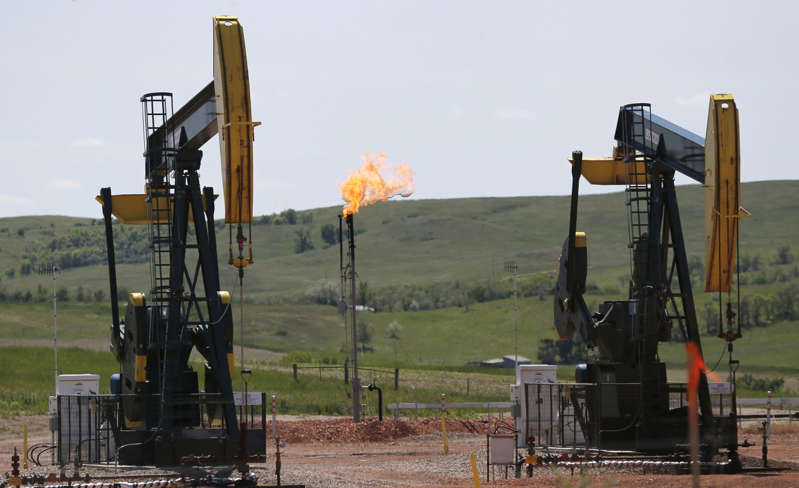By Jason Cohen
OPEC once again dominates the global oil market as the shale revolution wanes and encounters increasing costs and demands to return cash to shareholders, likely leading to rising crude oil prices, according to top executives in the industry at CERAWeek.
The U.S. shale market recently yielded record profits after Russia invaded Ukraine, but it is now facing serious challenges that will damage the growth of U.S. supply, according to American shale producers who spoke to the Financial Times. This is a dim outlook compared to the past when the shale industry’s efficiency led to the perception of competitiveness with Saudi Arabia, according to the FT.
Scott Sheffield, chief executive of Pioneer Natural Resources, the largest independent U.S. shale company, says three countries are currently in control and will continue to be in control for “the next 25 years” — Saudi Arabia, United Arab Emirates and Kuwait. (RELATED: Biden Officials Reportedly Not Invited To Saudi-Led Foreign Investment Initiative Conference)
Rick Muncrief, chief executive of Devon Energy, another large shale company, stated dwindling world supply capacity caused him to be concerned regarding the likelihood of a “new price surge as oil balances tightened.” Muncrief specifically expressed worry about the next 12 months, stating he thinks that is when”it gets really, really serious,” he told the FT.
He further said that the U.S. only controls 10% while OPEC, plus Russia, control a much larger percentage of the global oil market, giving them more influence. Ryan Lance, chief executive of ConocoPhillips, echoed this sentiment in his remarks at CERAWeek, according to the FT: “Opec’s market share probably grows from like 30 per cent today to somewhere closer to 50 per cent. The world is going back to what we had in the ‘70s and the ‘80s unless we do something to change that trajectory.”
The U.S faces conflicting policy from the Biden administration, as it put an end to leases of oil and gas drilling on federal lands and stopped the construction of the Keystone XL pipeline, but also encouraged oil companies to produce more oil to reduce gas prices.

